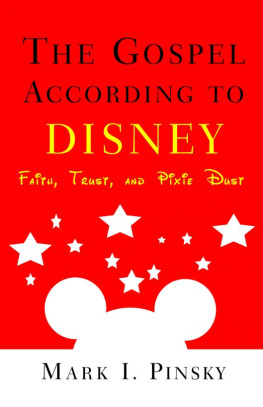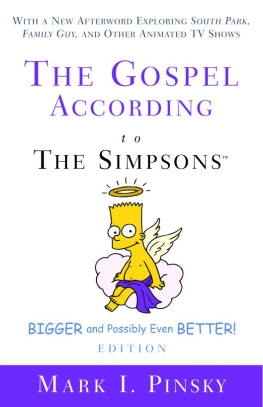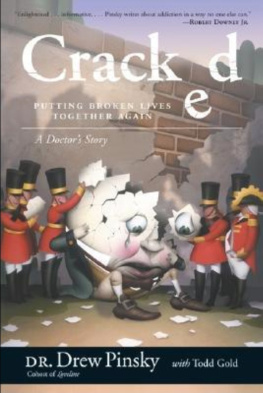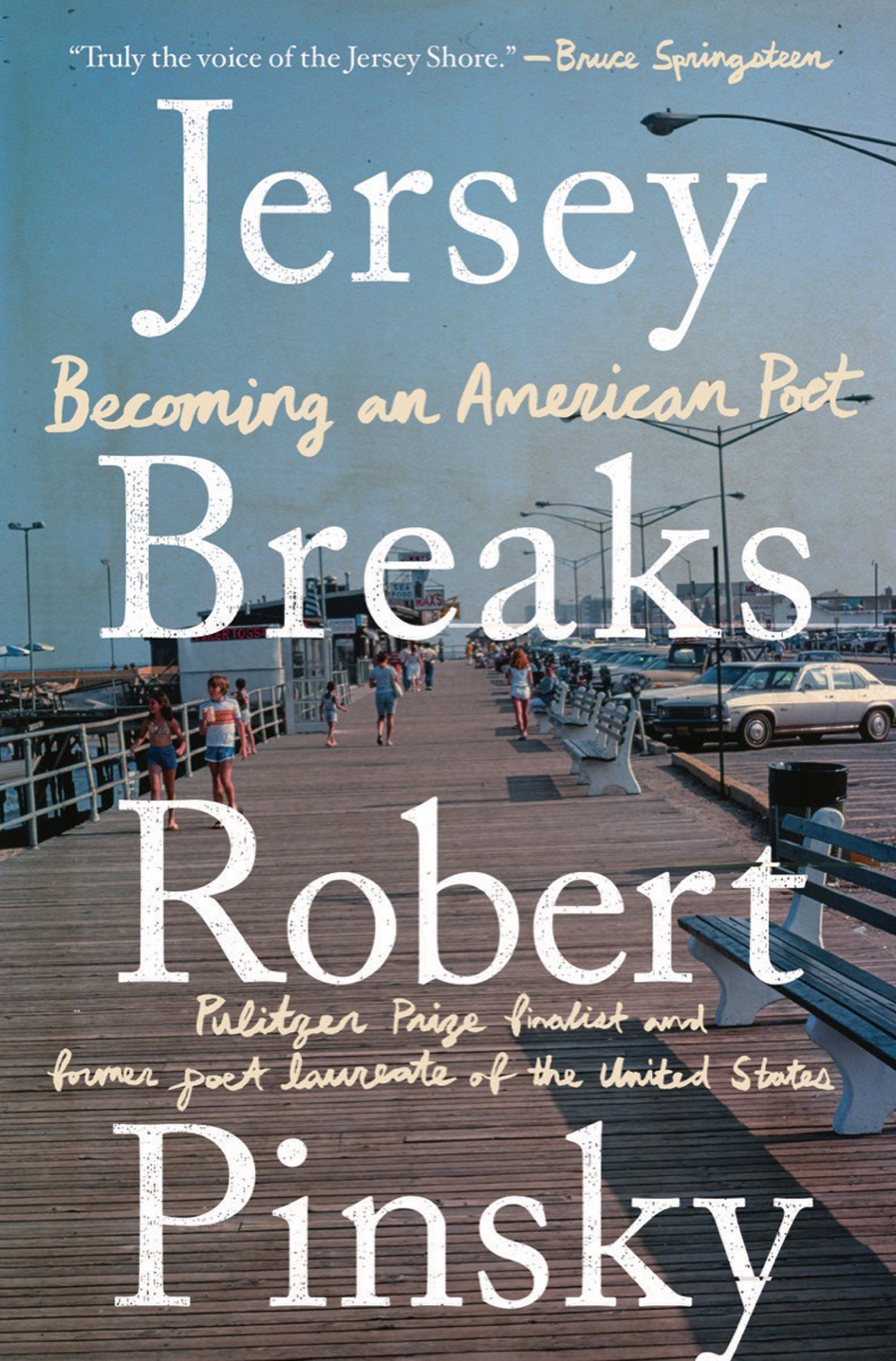Contents
Guide
Page List
ROBERT PINSKY
JERSEY BREAKS
BECOMING
AN
AMERICAN POET

To Jill Kneerim
Gimme a break.
FOLK SAYING

Sorrow would break the seal stamped over time
And set the baskets where the bough is bent.
LOUISE BOGAN,
Simple Autumnal

But Love has pitched his mansion in
The place of excrement;
For nothing can be sole or whole
That has not been rent.
WILLIAM BUTLER YEATS,
Crazy Jane Talks with the Bishop
CONTENTS
GIVEN MY BACKGROUND, a friend asked me, how is it I became a poet rather than a criminal or an optometrist?
I could quibble. My father Milford Pinsky was an optician, not an optometrist. (A common mistake.) And its true that his father Dave Pinsky was a criminal. But as my aunt Thelma used to say, her pop was in the liquor business, and it happened to be during Prohibition. That was the era when Dave, my Zaydee Pop, as I called him, pursued the liquor business in our hometown, Long Branch, New Jersey.
Trivial and significant, stupid and profound, like a family oppressive and nurturing, like the larger world seductive and treacherous: My feelings about the town are as confused as can be. My bedeviled patriotism, my need for the lofty outcast art of poetry, my C-students distrust of worldly rewards and punishments, the inward voice that spurs me to bring together disparate times, places and things, that attraction to a mishmosh. All began in Long Branch.
If I have a story to tell, its how the failures and aspirations of a certain time and place led to poetry.
JERSEY BREAKS
A T A Library of Congress luncheon in Washington in the year 2000 the speakers included Congressman Frank Pallone of Long Branch, New Jersey. Frank Pallones family and mine had known one another for three generations. His father, Frank Pallone, Sr., was a respected cop of the old-school kind who might catch a thirteen-year-old shoplifting and lock the kid into a cell for a few hours, then let him go with a lecture. The congressmans mother was a figure in Long Branch town legend. She went to the beach looking great in her leopard-spotted, two-piece bathing suit, with her two little boys, Frank and his brother, togged out in their matching leopard-spotted trunks.
Frank Pallone has said that to understand my poetry you need to understand our town. I know what he means. The races and ethnicities, with all the other blends, resistances, suspicions, borrowings, intermarriages, rivalries and molten alloys of American cuisine, art and social life, all concentrated in a seashore resort that was near great cities yet, by definition, away from them: that was a world the congressman and I had known all our lives.
Also at the head table that day was another person I admired. The elegant Lyn Chase had just arrived on a flight from New York to attend this Washington event in her capacity as president of the Academy of American Poets. A beautiful woman in her seventies, Lyn was a sharp-witted patron of the arts, charming and very rich and accustomed to getting her way.
I got off the plane and realized I had no credit cards or money, she said when I greeted her. So I had to pick up a man who would give me a ride to get here.
After Representative Pallone finished his remarks at the microphone, Lyn Chase asked, Is the congressman coming back?
No, he headed back to the Hill.
Good, I was surprised to hear her say. I hate his brother.
I thought of the two little boys in their leopard swimsuits, and also of the recent mayoral campaign in Long Branch. Adam Schneider had been reelected mayor, but Frank Pallones younger brother John, unexpectedly, challenged Adam, running a failed campaign against him. The election campaign had gotten a bit rough, as I heard from my aunts and cousins, straining a long friendship between the two families, the Schneiders and the Pallones. There were lots of people in town with those namesexactly the kind of thing the congressman remarked on in my poems. Over dessert and coffee I tried to explain this Long Branch story at some lengthmaybe I even mentioned Marian Pallones bathing suitwhile the Library of Congress officials at our table and Lyn Chase listened politely. As I finished talking a little too much, I said how surprised I was that Lyn knew about the congressmans family. How had she come to hate his brother? She responded mildly:
What I said was, I ate his butter.
***
I SOMETIMES think with my ears and voice, putting music above meaning. Its a habit that has been my failing and my calling.
Little Silver, Hazlet, Perth Amboy, Rahway and Secaucus were stops on the New York and Long Branch Railroad. I dont know much about those places. But the consonants and vowels of their names, chanted by old-school conductors on the way to Penn Station, made a familiar, seductive music. My many aunts and uncles lived in Hoboken, Hackensack, Summit, Passaic, Hopewell and The Oranges. Which family lived where I dont remember, but those place names made a verbal harmony like what I found years later in sixteenth century lyrics by John Dowland and Thomas Campion.
MY MIS-HEARING I ate his butter is an example of the provincial sense of time. In a proper understanding of time, you focus on causes and effects over centuries or years or hours. But from a limited, intensely local viewpoint the centuries and years and hours might be understood through a particular place and its people. Thats how I mis-heard Lyn Chases plain sentence. Space, in the form of a town and its imagination, preempted the reality of time.
In a certain kind of place, everything can feel simultaneous. Somewhere in my imagination, along with a rational sense of history, general and personal, I dwell in a cloudy Olden Days where the two little boys with their pretty mother, all three in leopard-spotted swimsuits, walked to the beach down a stairway from the bluff being painted by Winslow Homer, crossing the Boardwalk and Ocean Avenue, where they could buy lunch at Maxs Famous Hot Dogs and admire the fast horses of President Grant, who defeated the forces of evil in the Civil War, Grant a friend of Mark Twain and a hard-drinking man who might buy his prohibited whiskey from my Zaydee Pop, or maybe drink it at his Broadway Tavern, near the Garfield-Grant Hotellandmarks in an irrational but significant past, that may even include the Dawsons Landing of Mark Twain along with the Dublin of James Joyce: the terrain, as Congressman Frank Pallone recognized, of my imagination.
The blending of different periods in time weaves into the haphazard blending of cultures, in a way the congressman understood. I inherited an edgy mix of hierarchies and goofs, tribal alliances and conflicts, ways of surviving and ways of storytelling, local and global. I grew up inculcated with awe of the pastan awe that was beyond any actual, reliable knowledge of the past.













